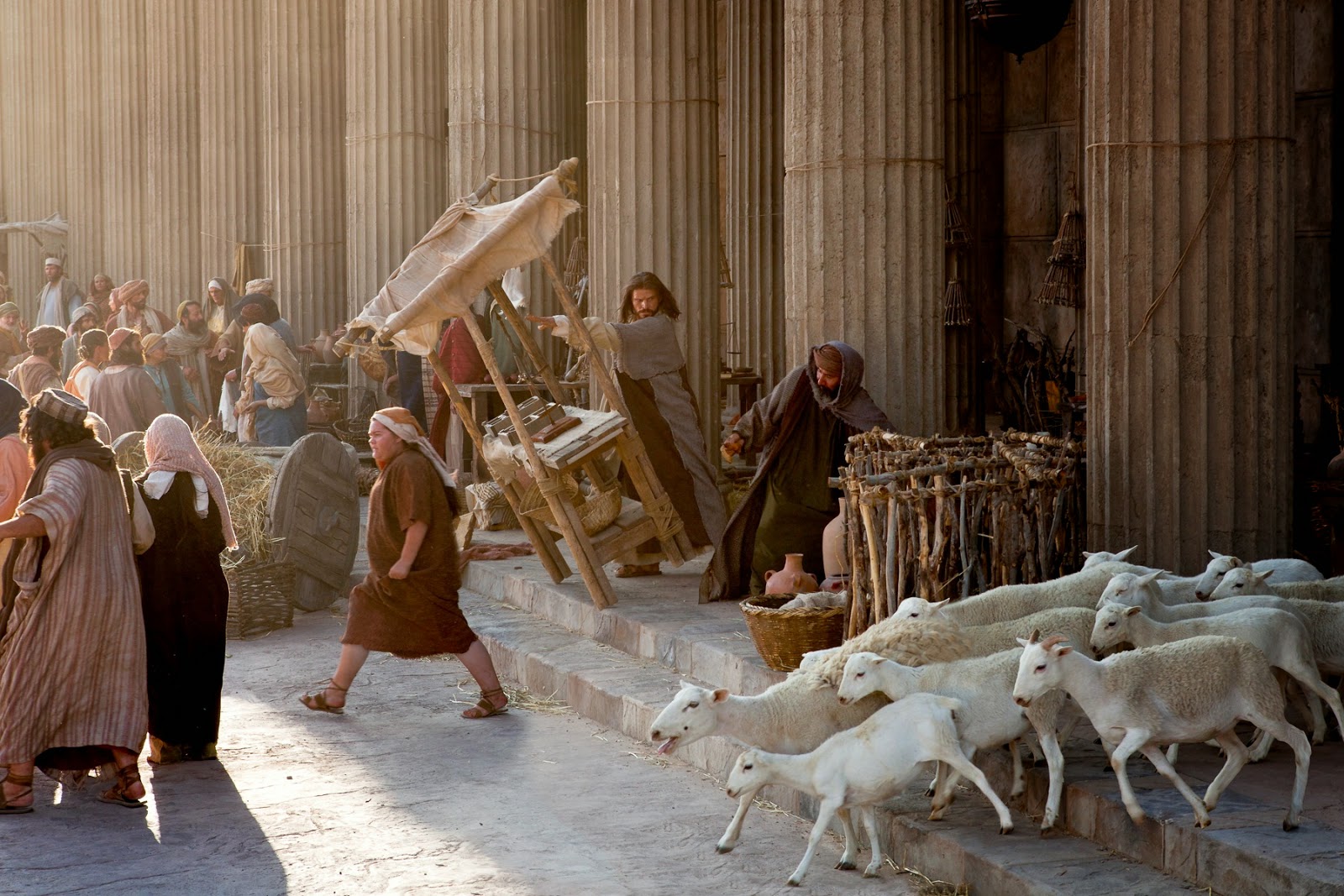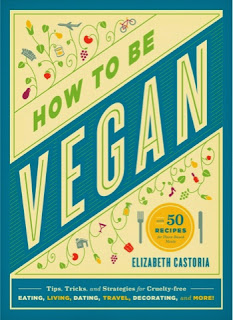 | |
|
I know, I know. People sometimes say, "Animals kill and eat each other. We're no different."
Well, as one of my heroes, Harvey Diamond, first pointed out to me in his brilliant Fit For Life books, could you kill an animal yourself? Could you do what other animals do—chase it down, strangle or smother it, tear it apart with your bare hands, and swallow it raw?
If you react to this question with disgust—and couldn't or wouldn't yourself actually go through with killing a living being—you're already a vegetarian in belief, if not yet practice. In addition to the growing number of health and environmental reasons to turn exclusively to plants for nutrition, many vegans and vegetarians stop eating animals because they would not ask someone else to do for them what they themselves would not do.
"I would not kill a creature," said another of my heroes, Peace Pilgrim. "And I would not ask someone else to kill it for me, so I will not eat the flesh of the creature."
Other signs that you might "already" be a vegetarian or vegan include:
After Thanksgiving 1997, I realized I no longer wanted to have others kill on my behalf, and I declared that Holiday the last time I'd ever eat turkey. A month later, I made Christmas the last time I'd ever eat ham. That New Year's Day's became a natural time to celebrate the "good luck" tradition of pork and sauerkraut with the resolution to never eat animals again. (In the years since then, delicious vegan alternatives for all of these products have become available.)
- You find the sight—or even idea—of a butchered animal or slaughterhouse unsettling
- You sometimes sense a "vague uneasiness" when you buy, order, or eat animal products
- You sometimes feel like you're not living in alignment with your "true self"
- You've wondered why some cultures eat certain animals and not others, and why they're not always the same animals
- You've stopped and thought about how eating horses, cats, pigs, dogs, chickens, fish, or cows is any different—especially if this happened when your beloved pet was gazing at you
After Thanksgiving 1997, I realized I no longer wanted to have others kill on my behalf, and I declared that Holiday the last time I'd ever eat turkey. A month later, I made Christmas the last time I'd ever eat ham. That New Year's Day's became a natural time to celebrate the "good luck" tradition of pork and sauerkraut with the resolution to never eat animals again. (In the years since then, delicious vegan alternatives for all of these products have become available.)
You know, the Holidays are the perfect time to give yourself, the planet, and animals this gift. It's already a time of reflection, of renewal, of gratitude, of introspection, of compassion, and, of course, of commitment. If the thought of killing your dog or cat—or any animal—gives you a lump in your throat and a knot in your stomach, you're already a vegetarian in belief, and you're ready to take this exciting next step.
Best of all, there's no sacrifice at all in being vegetarian or vegan—only the rewards of a rich variety in food, improved health, and a much lighter spirit.
A version of this article originally appeared on this site on November 21, 2011.
















